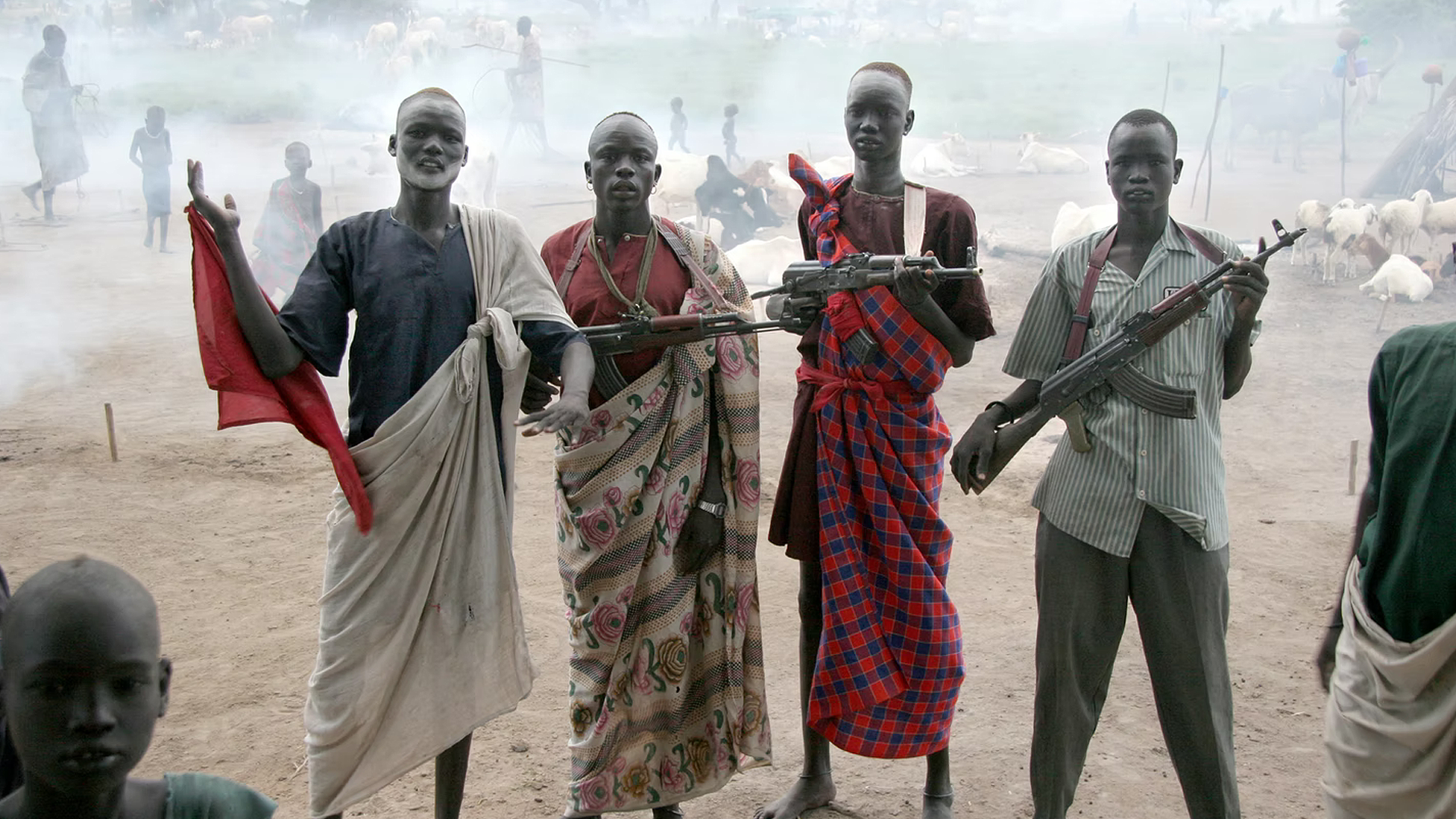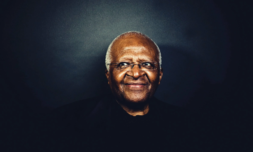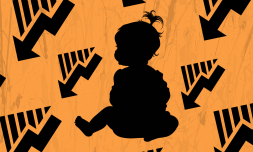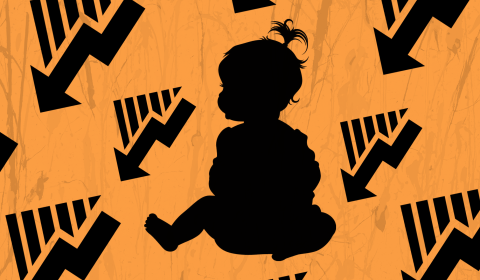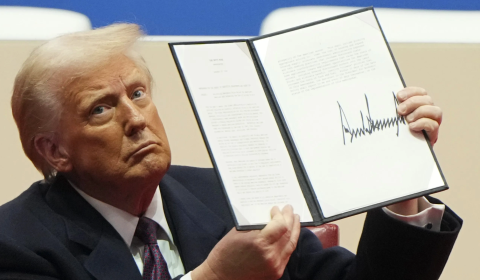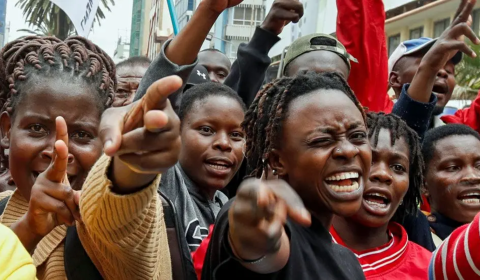January 1st 2022 marked 66 years of Sudan’s independence. The following day, prime minister Abdalla Hamdok resigned – leaving the military in full control.
On Sunday 2nd January, prime minister Abdalla Hamdok announced his resignation as the head of the civilian government.
In an evening televised address, Mr. Hamdok said, ‘I have tried my best to stop the country from sliding into disaster. Sudan is now crossing a dangerous turning point that threatens its whole survival.’
His resignation could lead to more violence between the army and protesting citizens, while the country’s economy would be at its ‘worst’ as sanctions return and aid from international organisations is once again halted.
Sudan’s coup
Sudan has been politically paralyzed since the coup. The military takeover came more than two years after a popular uprising forced the removal of longtime autocrat Omar al-Bashir and his government in April of 2019.
On October 25th, 2021, the army staged a coup and put the prime minister Hamdok under house arrest.
By end of November, Mr. Hamdok signed a power sharing-agreement with the military and was reinstated as prime minister to lead the civilian government. He would do this via a technocratic Cabinet until July 2023, when planned general elections by the military would take place.
Mass protests resumed despite his reinstatement as prime minister, which was widely viewed as forceful military involvement in the country’s politics, hindering democracy. Over 55 civilians have died during the protests since the October coup and, just this week, two more have been reported dead.
Since November last year, Hamdok failed in forming a Cabinet amid relentless protests – not only against the coup but also against his deal with the army. In 2019, Hamdok was part of the country’s transitional civilian-military government. This was a historic moment as a return to democracy and civilian rule was welcomed globally.
However, the main civilian coalition, Forces of Freedom and Change (FFC), which had been part of the coalitions that saw the transition, rejected to recognize the agreement between Hamdok and the military in November 2021. The coalition saw the agreement as a ‘hidden military rule.’
FFC supporters, together with other youth groups and local trade unions, have been protesting for weeks against the ongoing military rule in Sudan. During the protests, there has been internet shutdown, media outlets attacked, blockades along the road, as well as teargas and, at times, live ammunition used to disrupt the mass protests.









